Lemon List 2022: Worst car brands to avoid at all costs
Australia’s car market currently has 49 brands competing for your money. If you find yourself parked outside one of the following 20 dealerships, ready to buy: Run away and don't look back.
According to the car industry, the Australian car market currently has 49 different brands competing for your money. But they aren’t all equal.
If you find yourself parked outside one of the following 20 brands’ dealerships, salivating like Pavlov’s dog, my advice is to run. Run your arse off, like Agent Smith is chasing you. And don’t look back.
Buying a car is seduction. The objective is to fall in lust - because it’s easy to overlook the obvious flaws, in this besotted state. You get caught up in the romance and your brain goes offline.
Your heart pounds for a Golf Type R, maybe a C 63 AMG, Grand Cherokee SRT perhaps, even a stealthy Polestar 2, because you dream of gliding off silently to Electric Utopia. They are all quite sexy in the right light, after a few drinks - but also a very bad idea, objectively.
Which brands are most likely to switch the lights off when you come to them with a problem?
The easiest way to get together a short list of cars with which you can amicably cohabitate, long term, without them ruining your life, is simply to eliminate the dud brands. That’s dead easy.
Because no matter how excited you are to put one in your garage, if you walk down the aisle with that gorgeous psycho car, you’ll have its parent company for in-laws. They will be part of your relationship. Trust me when I say, you really don’t deserve that.
Here’s how you can protect yourself from lemon vehicle ownership with my free consumer hack.
My AutoExpert AFFORDABLE ROADSIDE ASSISTANCE PACKAGE
If you’re sick of paying through the neck for roadside assistance I’ve teamed up with 24/7 to offer AutoExpert readers nationwide roadside assistance from just $69 annually, plus there’s NO JOINING FEE
Full details here >>
AutoExpert DISCOUNT OLIGHT TORCHES
These flashlights are awesome. I carry the Olight Warrior Mini 2 every day - it’s tiny, robust, and super useful in the field or in the workshop. Olight is a terrific supporter of AutoExpert.
Use the code AEJC to get a 12% discount >>
2022 DON’T BUY BRANDS
Audi, Volkswagen & Skoda
The distinction between these three evil brands is simple: Audi is the pig in lipstick of the Volkswagen stable, which targets affluent chronic masturbators, and Skoda is the stripped-bare version with the same desire for snobbery aspirations.
Audi and Skoda’s sales have tanked in Australia this year (and Skoda’s were never anywhere anyway). Volkswagen is also down 33 per cent year-on-year. (Well done.)
And even if you can forgive them for amusingly, illegally, criminally attempting to poison the world back in 2015 (I can’t - they were abjectly, felonious, conspiratorial bastards) their commitment to throwing you under the bus when they should in fact be supporting you, following a fault in your Wolfsburgian shitbox, is truly amazing.
Too often has Volkswagen pulled the plug on customer loyalty when something goes wrong…
Thus, the universe is split neatly into two camps of Volkswagen owners: Camp number one - still in love. Nothing’s gone wrong yet. Still enamoured of the stylish sexiness and taut dynamics.
Camp number two - numerically smaller, but significant - those who’ve had a problem, and for whom the ‘Volkswagen customer care apparatus’ has already taken them to hell and back, a process which has squeezed out their souls and left them a withered husk.
Ford
Ever since the Pinto, JobKeeper moocher Ford has established its true position on the ‘design excellence’ spectrum. The Powershit transmission pretty much confirmed the company’s consistency there. That was a more recent triumph, after failing to keep the factory open despite millions in government handouts and promises made to keep making cars here.
Backed by their Volkswagen-level of customer care, and the sheer automotive engineering excellence of everything American, Ford in Australia is dangling by a Ranger-sized thread; one model away from doing a ‘Holden’ and disappearing. They’ll be thanking their lucky stars for Ranger - I mean ‘Amarok’ - no, Amaranger. Whatever.
Seriously: Fords are badly engineered, their marketing gets it wrong quite often, and the customer service is even worse. Nor does Ford Australia pay any tax - less than cigarette giants and fossil fuel multinationals.
Mercedes-Benz
Trading on a reputation that’s, essentially, four decades out of date, harking back to when owning a Mercedes-Benz meant spending half the national debt. But at least you really did end up driving the pinnacle of automotive engineering excellence. Not today.
Today, Mercedes’ attitude is more like an arrogant brick through a consumer’s window. ‘We will graciously take your despicable, unworthy money, and we will graciously allow you to bask behind our glorious badge’.
Also, MB Australia has shafted its dealer network, which is now suing them for $650 million currently, over the (allegedly) dodgy business behaviour. It should show you exactly how the local Mercedes corporate culture (publicly roasted in Parliament recently) values anyone both its customers and any commercial relationships with third parties.
Unsurprisingly, Mercedes-Benz sales have tanked, thanks to its shit price promise, which means no longer discounting its cars. How were they supposed to know that would be such a free kick for BMW? Now, Benz Australia is even giving Volkswagen a run for its money in the ‘shit service sweepstakes’, in my view.
Try a Benz and find I’m sure you'll figure this out all for yourself - or just buy a Lexus, BMW, Mazda or Kia instead. You could even try a Genesis. Just as nice; half the pain.
Jeep
Jeep is going downhill quickly in Australia - don’t go down with it.
Owning a Jeep is like living inside a nightmare, where you’re surrounded by terrible reliability, extortionate repair costs and that elite disregard and non-commitment to solving your vehicle’s problems.
I want to love Jeep because of the icon factor. I’ve driven the Rubicon Trail in a Wrangler - it was awesome. And because, when it hasn’t shut down completely or simply failed to start, Grand Cherokee is so damn impressive. And such good value. But the risks simply outweigh the fantasy.
Here in Australia, word has finally got around on Jeep. Sales have flatlined. It has to be unsustainable, commercially. The brand is a dead man walking, today. They could easily pack up and cease to exist. Just like (effectively) Dodge, Chrysler, Fiat et al.
Speaking of commercial failure…
Honda
Remember in the 1990s when Honda was the BMW of Japan? Inventor of VTEC, challenging the Toyota Prius to become the Coca-Cola of hybrids? Honda was gloriously on the front foot back then.
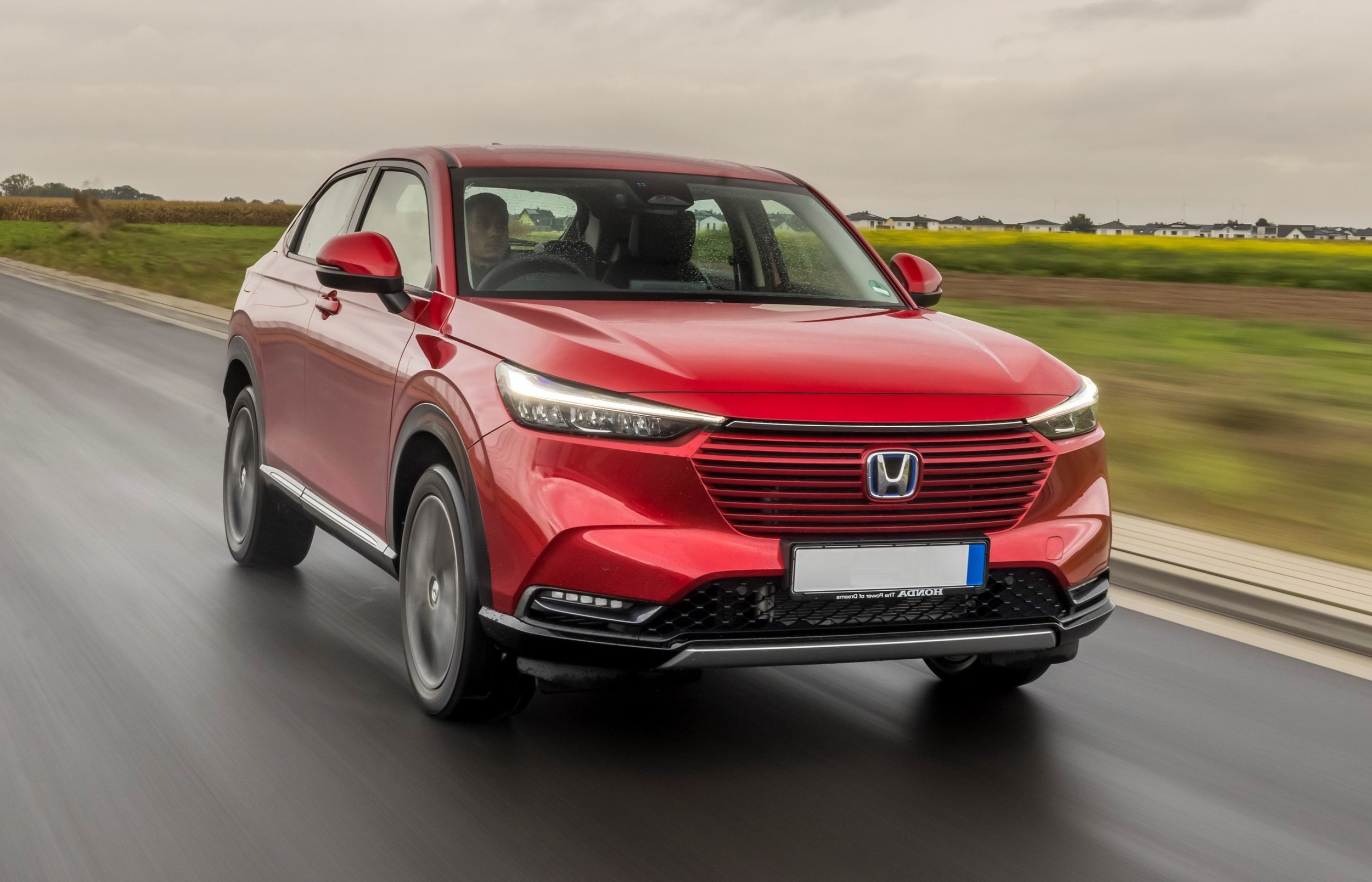
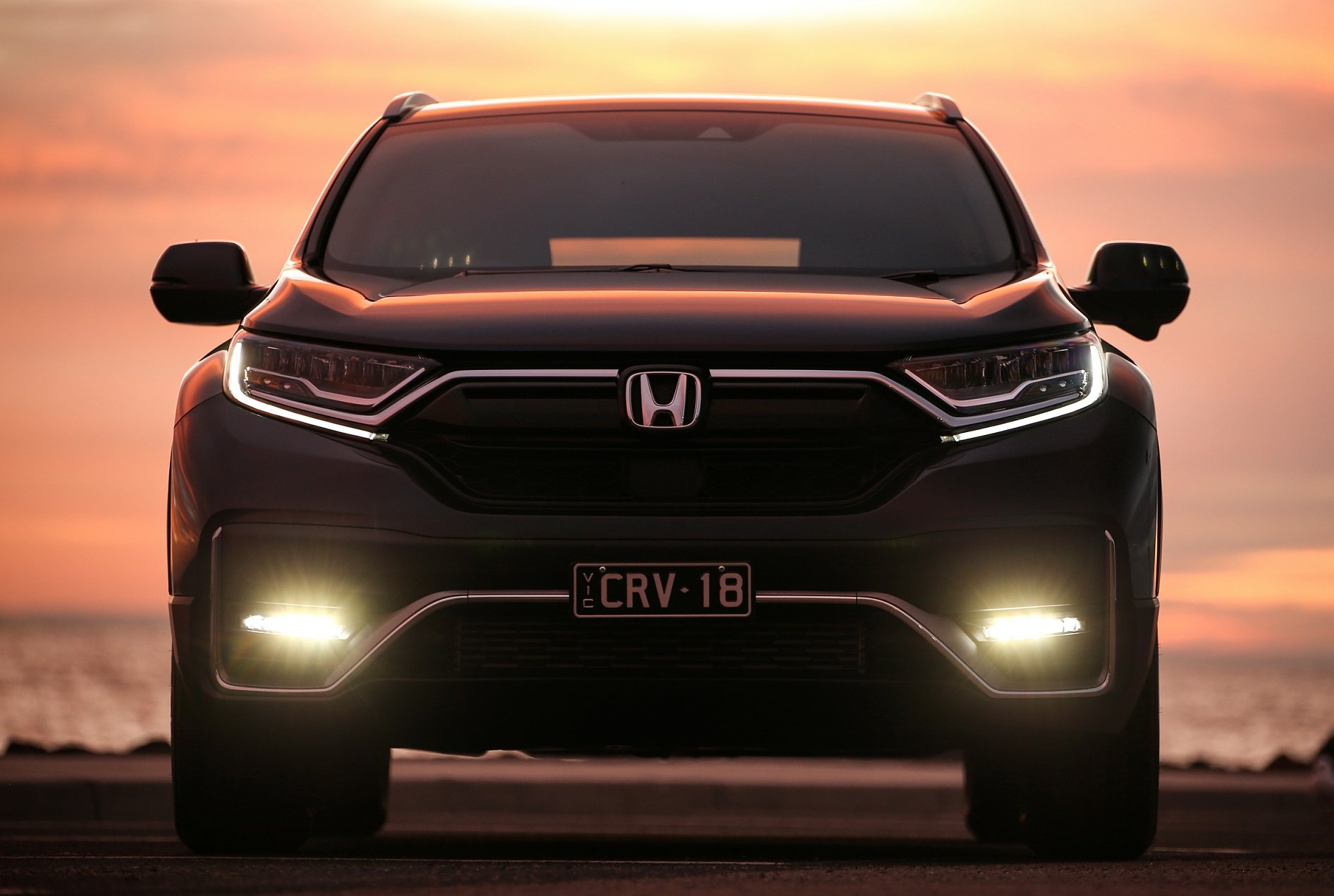
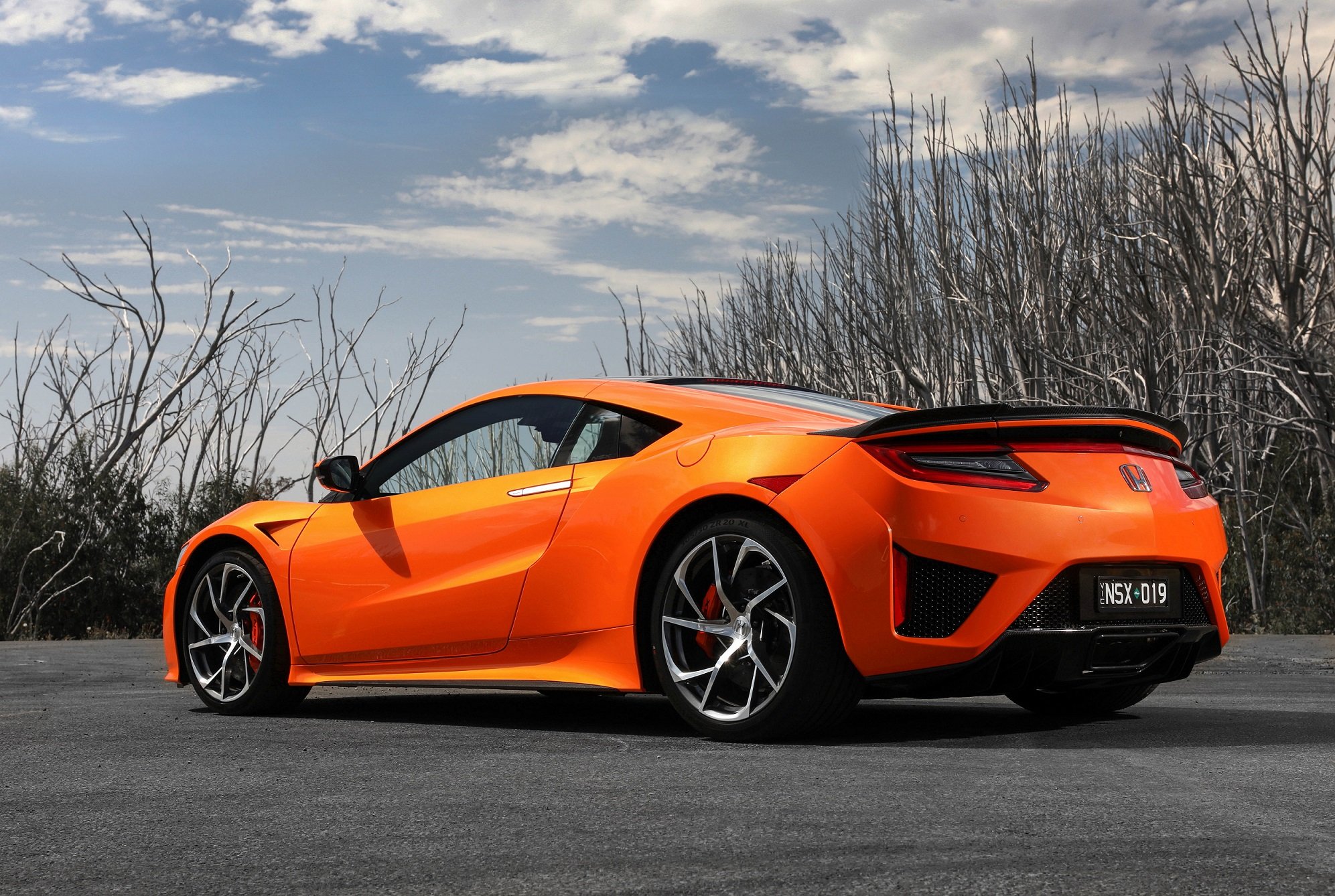
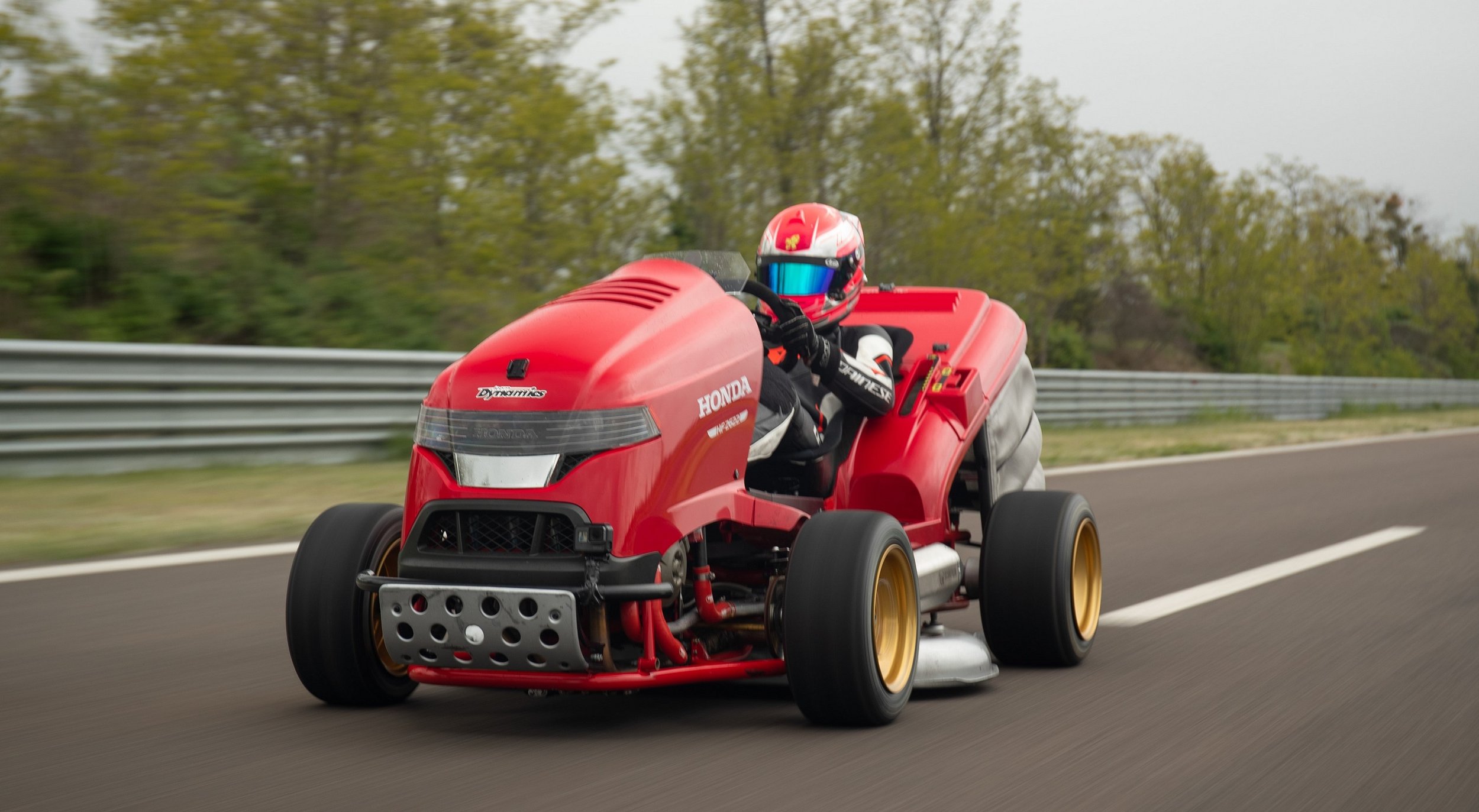

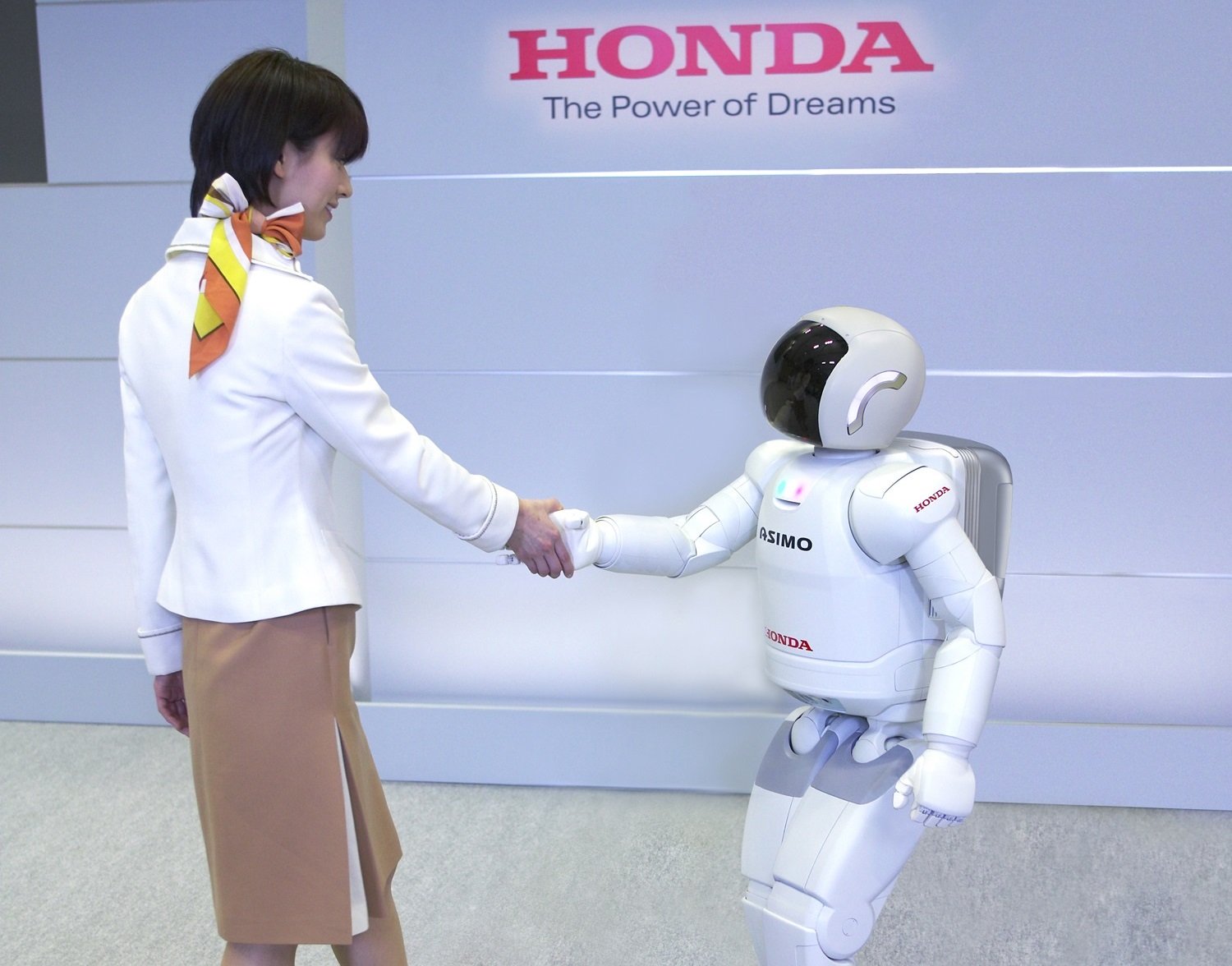
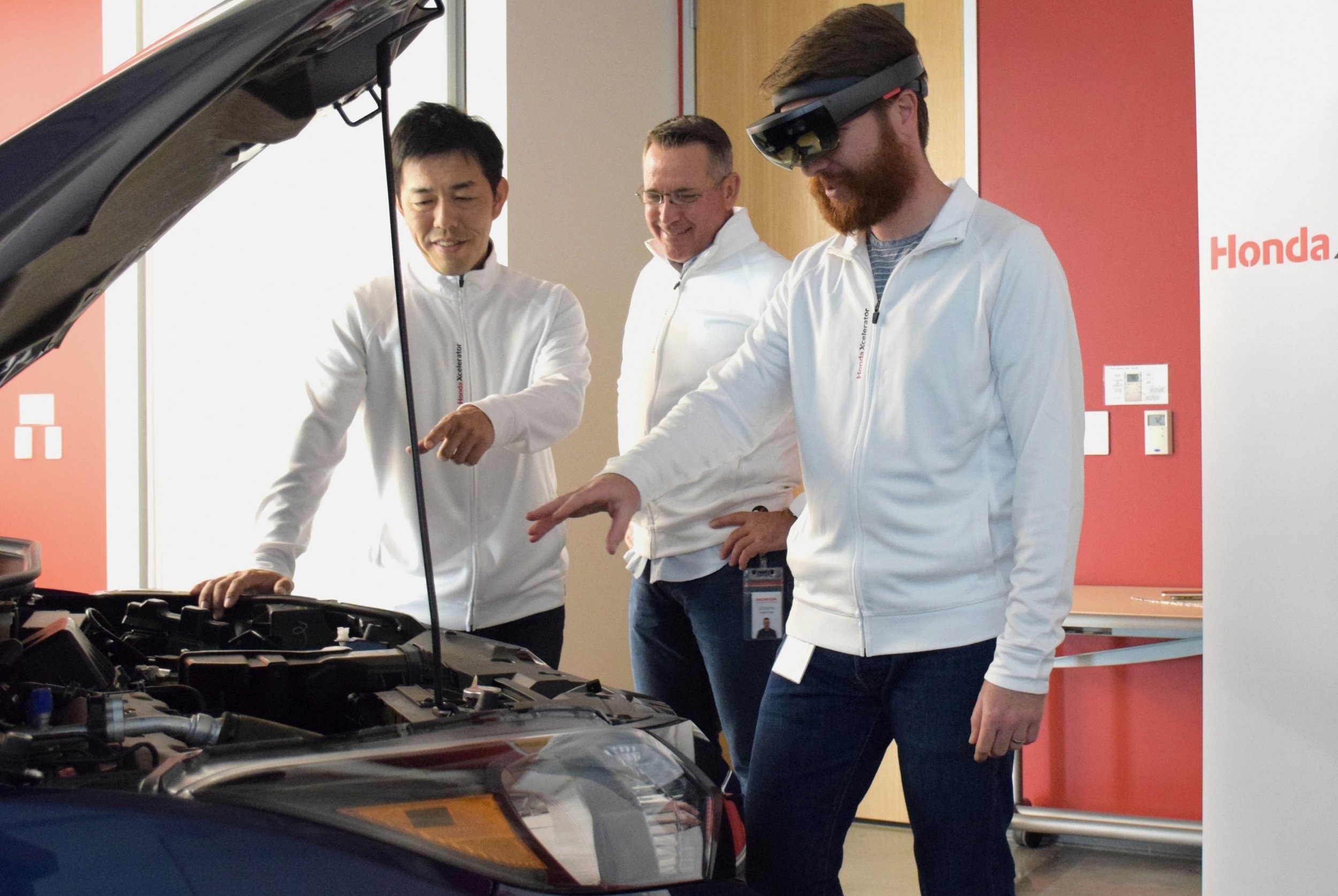
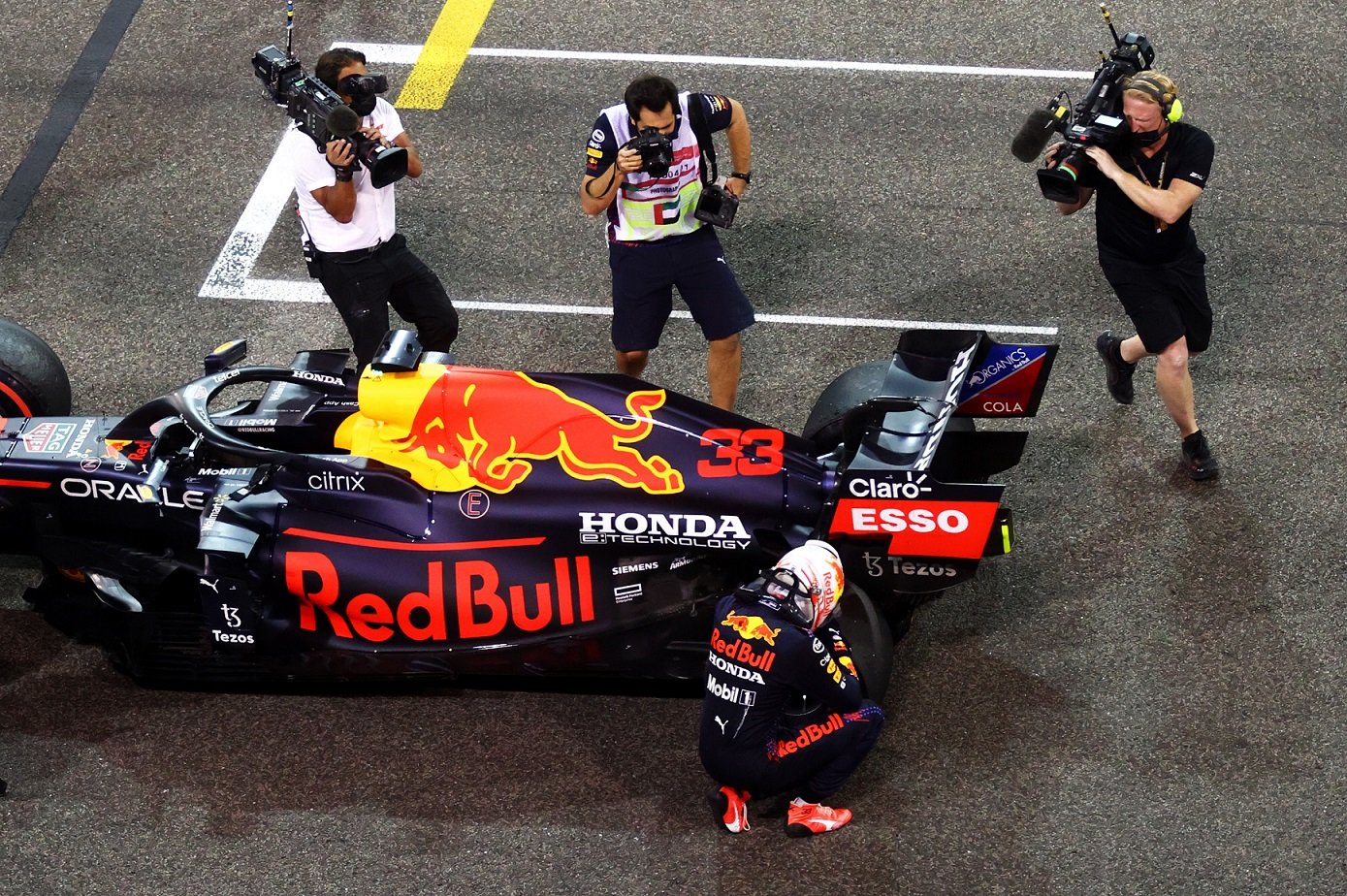
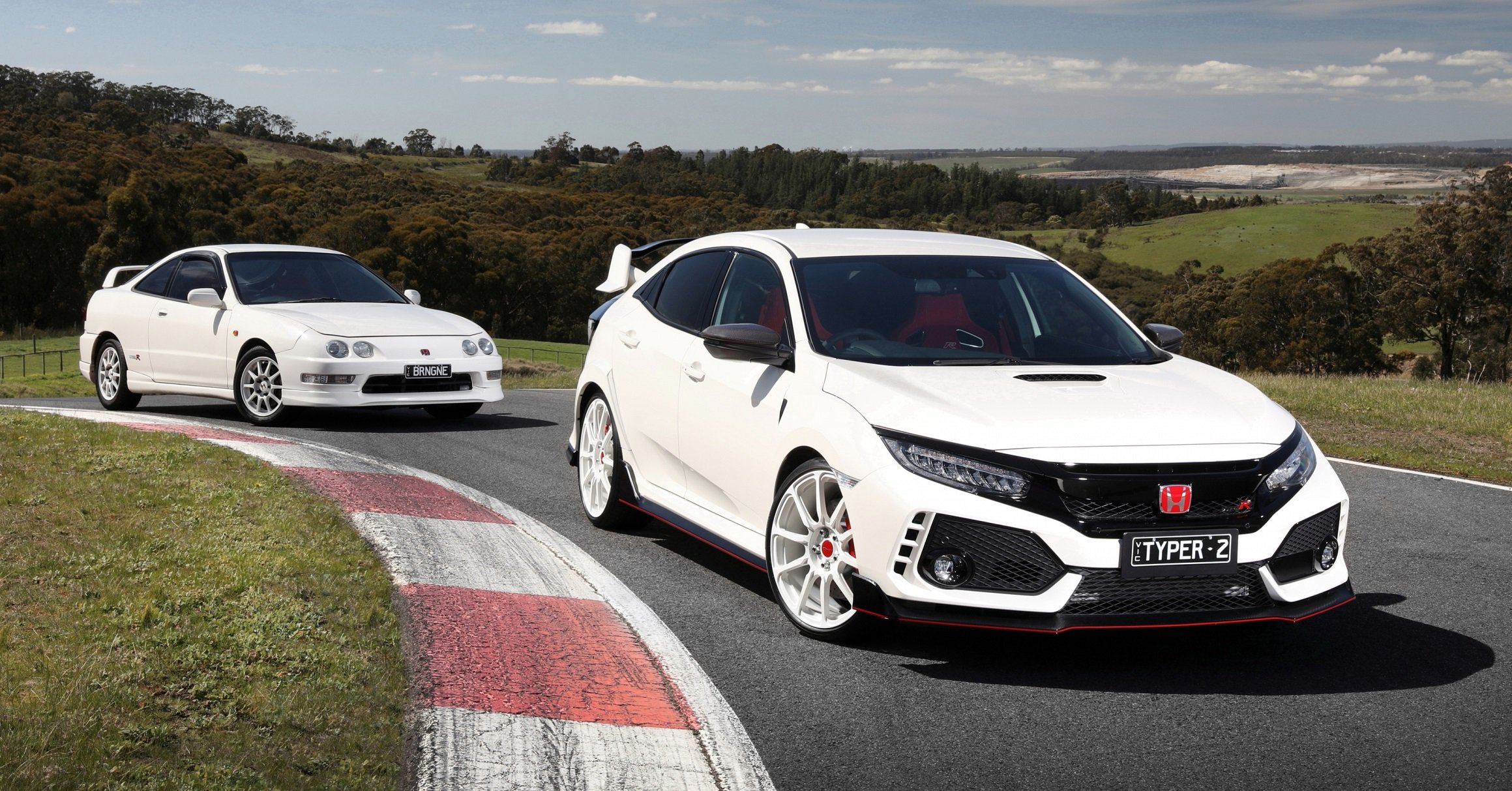
Well, how the mighty have fallen. Two-plus decades of abject failure to innovate, stagnating mainstream products, financial loss after loss in Australia, tanking sales, playing around with robots and jets and fuel cells with General Motors, wasting millions on dismal Formula 1 results. Is it really a surprise?
So, in response to this cavalcade of cataclysms, Honda Australia recently boned its dealers in the manner of Mercedes-Benz. Prices skyrocketed, product range slashed: sales got even worse, and now they’re 40 per cent down, so far this year, roughly. That’s off the back of a 40 per cent reduction in 2021, and 34 per cent down in 2020. How very Jeep of them.
Honda Australia’s sales for the past three years track the metaphorical ‘short final’ landing trajectory of the Hindenburg - commercially speaking.
The biggest risk with buying their cars today is that Honda simply will not be here in two years’ time. They could do a ‘Holden’ at any moment, frankly. I’m told by an insider that they’re selling assets in Australia and repatriating the funds to Japan - which I have been unable to confirm, but hardly inspires confidence - and I do know the ACCC is suing them for allegedly misleading customers about the nature of the closure of its dealerships.
A Honda is simply too risky for you to take one last gamble on, in my view. They’ve run out of chances.
Isuzu
That legendary truck-like reliability. Except that so-called ‘new’ 4JJ-whatever engine dates back to the Holden Jackeroo, some 30-ish years ago. It’s not a new ute, it’s just a re-styled Mazda BT-50 with an exorbitantly priced wagon-body off-shoot, the MU-X.
The number of complaints I get from D-MAX owners concerning ‘don’t give a shit’ factor when they front-up at a dealership with a problem is grossly disproportionate to the number of Isuzu utes actually rolling out there on the roads.
I think Isuzu Ute has a deep-seated service culture problem in this country.
Land Rover, Jaguar, Volvo & Polestar
Two British brands with rock-solid reputations for poor reliability, and a Chinese-owned Swedish outlier brand which spawns an even more outlying niche brand. What could possibly go wrong here?
I’m lumping these brands together for a reason. They’re appealing. Polestar is electric-Volvo with a head office in Gothenburg but a factory in China. No dealerships, but plenty of cars onshore, seemingly, but they just can’t seem to deliver them.
Delivering cars in the RSL carpark aren’t exactly clean, safe or practical. As for servicing them and solving operational faults in service, nobody really knows how they’re going to manage that. They haven’t even suggested Volvo dealers would do it. How hard is it?
Just before the GFC, Volvo, Land Rover and Jaguar were all owned by Ford. Then one day, Ford had a big fire sale to avoid bankruptcy in the manner of GM and Chrysler, which had both just gone to hell. The Brits got sold to the Indians Tata, and Volvo went to the Chinese.
Land Rover is swimming in its own reliability reputation.
They were all terrible at reliability before Ford acquired them, but Ford managed to make them even worse, amazingly, and the new owners have not yet, apparently, been able to right the ship.
Here in Australia, they remain also emphatically crap at customer service - some would say ‘outright bastards’ - and I would be among them. To discover the depth of customer service hell actually on offer here, should you marry into this family, check out ‘Sally Morphy Range Rover’. It should tell you everything you need to know about the corporate culture here in Australia when it comes to looking after you.
Suzuki, Nissan
Suzuki and Nissan are almost, but not quite, Honda. But they also think they’re Toyota, but they’re bad at customer service. Stagnating products, no real innovation - there’s just not a reason to buy one of these over, say, actual Toyota, Subaru or Mitsubishi, if you want mainstream Japanese with good R&D, decent tech and reasonable customer service.
Together with Honda, it’s like this pair just went into the ice during the GFC, and they never really thawed out.
Suzuki Jimny doesn’t deserve to be registered on the roads owing to its appalling ride, handling, terrible brakes and absurdity. Swift is their only respectable model left, but that requires premium 95 RON petrol, which defeats the purpose of buying their cheap small car to begin with.
Then there’s Nissan, which has killed off one of its two last good cars, the GT-R, while hoping people keep buying the ageing but well-built Patrol they keep ramping up the price on as people turn away from the inability for Toyota to produce the LandCruiser 300 in sufficient time or volume.
Nissan’s SUVs are lacklustre to say the least, and they flatly refuse to put leaf springs on the Navara. Didn’t bother to design thermal management for their second-generation Leaf electric vehicle in order to prevent potential catastrophic thermal runaway battery fires.
Nissan is also quite good at not caring if you have a genuine consumer law-type problem, in my view.
MG, LDV, GWM, Ssangyong, Renault, Citroen, Peugeot
Seven concluding rats and mice here - more ‘rat’ than ‘mouse’, however, in each case. Three Chinese, one South Korean, and three Frenchists.
The appeal here is either simply ‘they’re cheap’ in the case of MG, LDV, GWM and Ssangyong, or ‘Euro-chic’ and cheap in the case of the French. Mercedes on a budget. Whatever.
So, the nouveau cheapies are a real roll of the dice. You’re a lab rat in the ‘can we swim, commercially?’ experiment. LDV has already been to court here - and lost - because they alleged it was the owner’s fault his shitbox T60 rusted out. After all - he had the gall to work near the beach. Bastard.
What’s up for grabs here is quality, reliability, support and resale value. GWM and Ssangyong have been here a while, but they’ve had several lacklustre - at best- attempts in Australia - especially Ssangyong - technically still bankrupt, I think. And if you think buying a car from a bankrupt carmaker is an advertisement for customer support excellence in coming years, perhaps we can agree respectfully to disagree on that one.
Renault, Citroen and Peugeot comprise the ‘sideshow alley’ of Euro mainstream vehicles available Down Under. Hardly renowned for reliability, they’re certainly not very popular, which means as a consumer you have to be wary.
The thing all these vehicles have in common is: They don’t sell in sufficient numbers to represent a good idea for you, if you are a mainstream car buyer. There are important low-volume commercial realities for you to consider:
First up: It’s a long way between dealerships. That makes it very hard to shop around - for the vehicle itself as well as service and parts, once you’re an owner.
Plus, most dealers are multi-franchised, so perhaps they sell Toyota, Hyundai, BMW and LDV. LDV probably accounts for two per cent of profit, for the dealer group. And that pretty much sums up the dealer’s investment in parts inventory, and technical training for the brand.
And that means: If you buy a Hilux and it’s got a problem, it’s going to be distinctly easier to solve and probably also less of a wait for the parts, compared with the same problem in an LDV T60.
That’s just how this works.
What I’m saying in this report is, buying a new car, in part, with your heart - that’s okay. But if you don’t also engage your head, and give it at least equal airtime, you really do open the door to disaster.
It’s like being at a casino - you’re rolling the dice. It is possible to buy a Jeep, a Merc or a Volkswagen, etc., and love it from day one until trade-in. Provided nothing goes wrong, and if it does, provided you get looked after. And if this is the path you decide to tread, I hope you have a good experience.
But in my view, which is why you come to my website, if you do take that chance with one of these brands, you’re not playing the fun kind of roulette with a spinning wheelhead and ball. You’re playing Russian roulette - with way too many of the chambers are loaded.






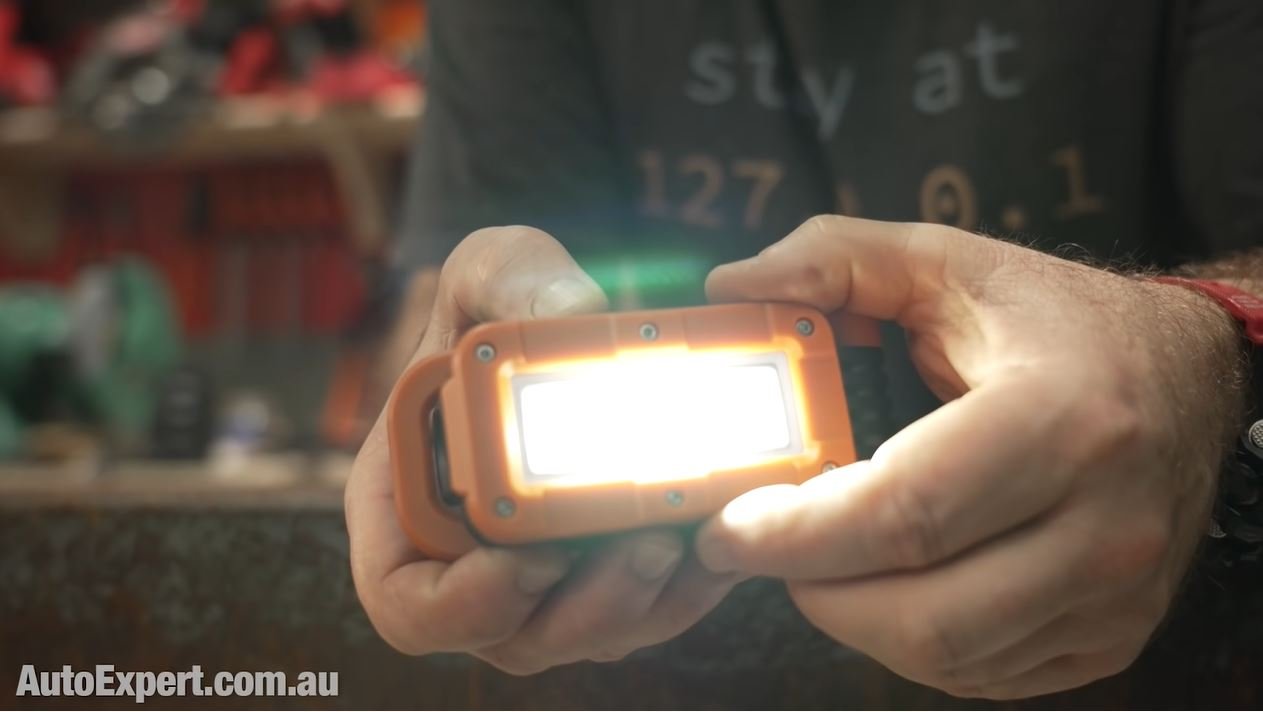
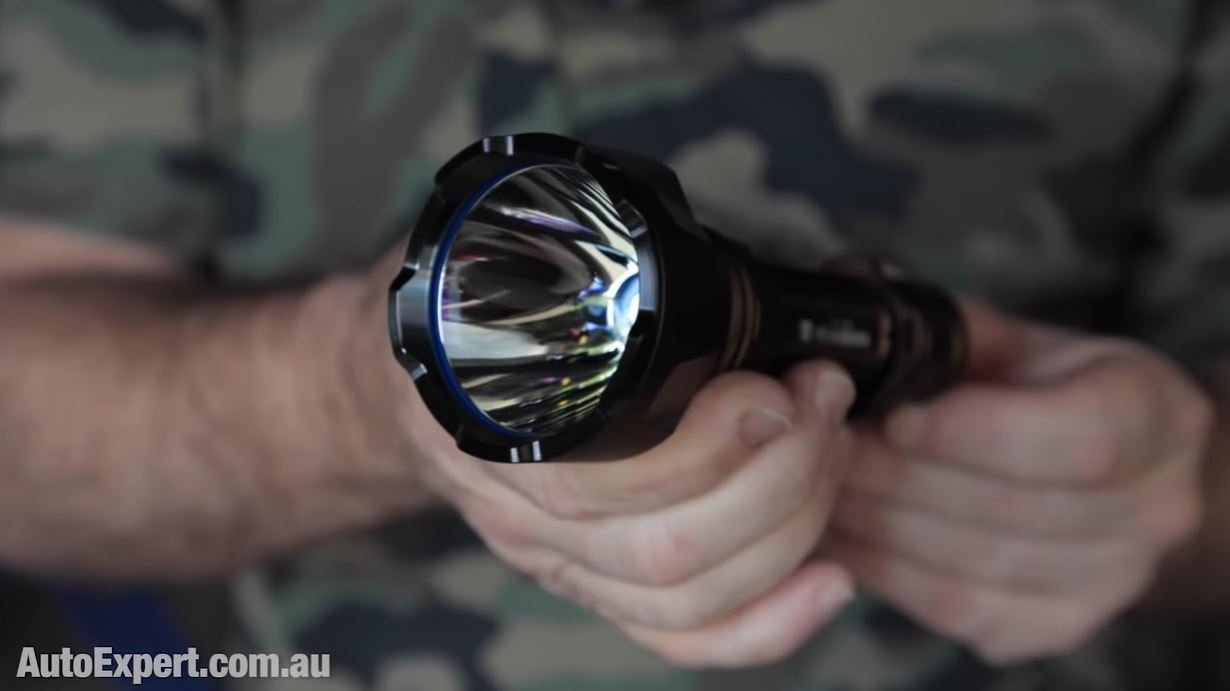

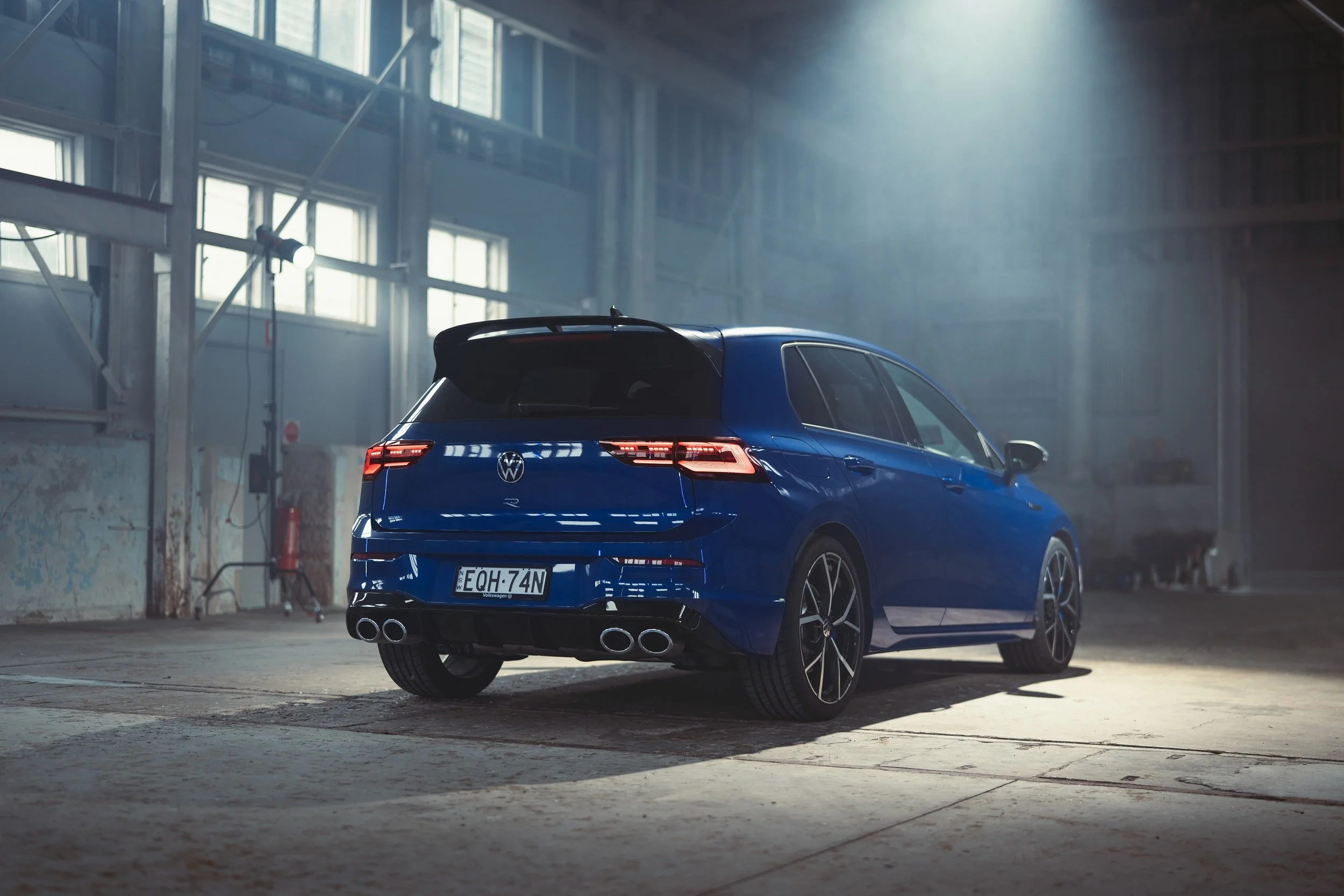

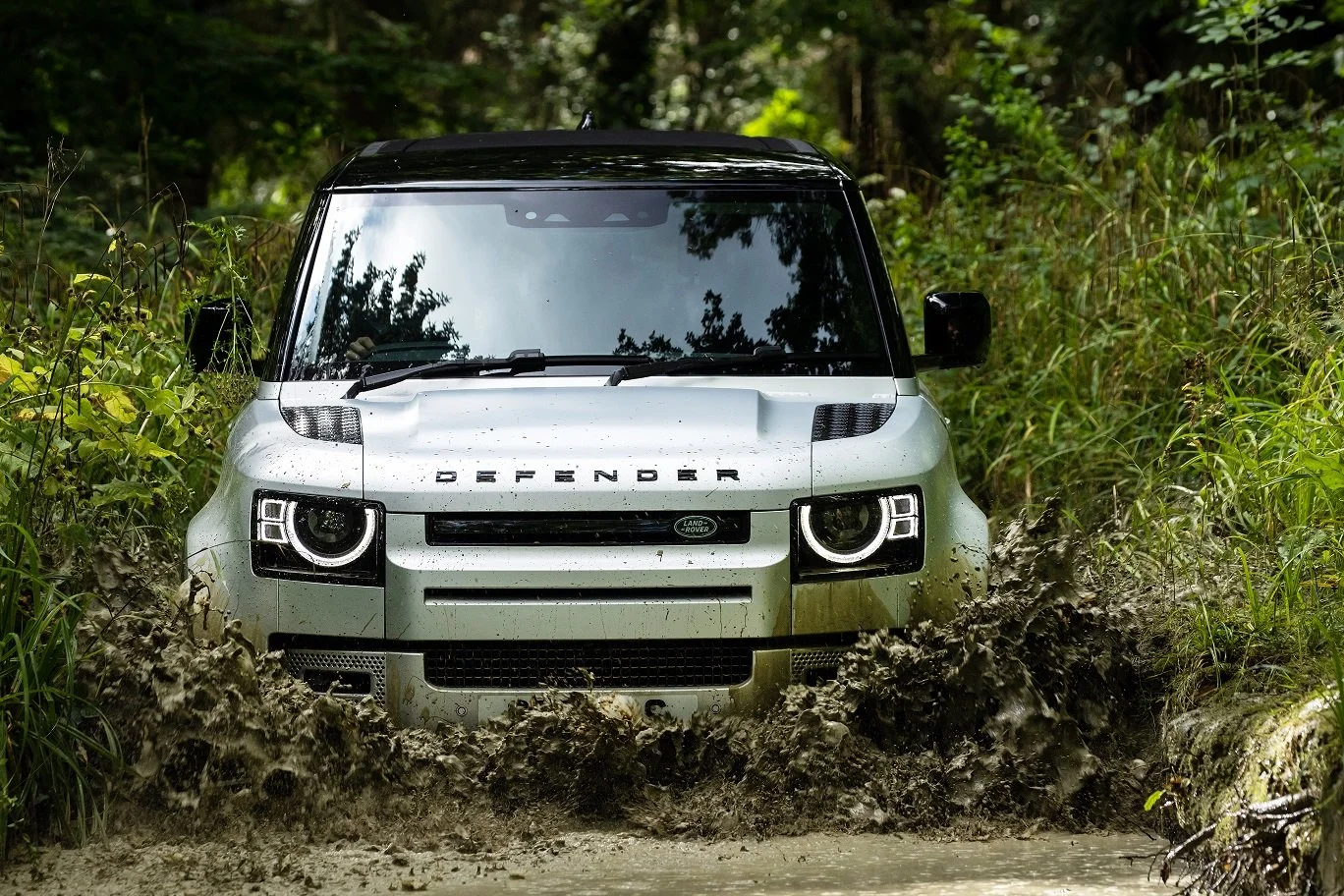

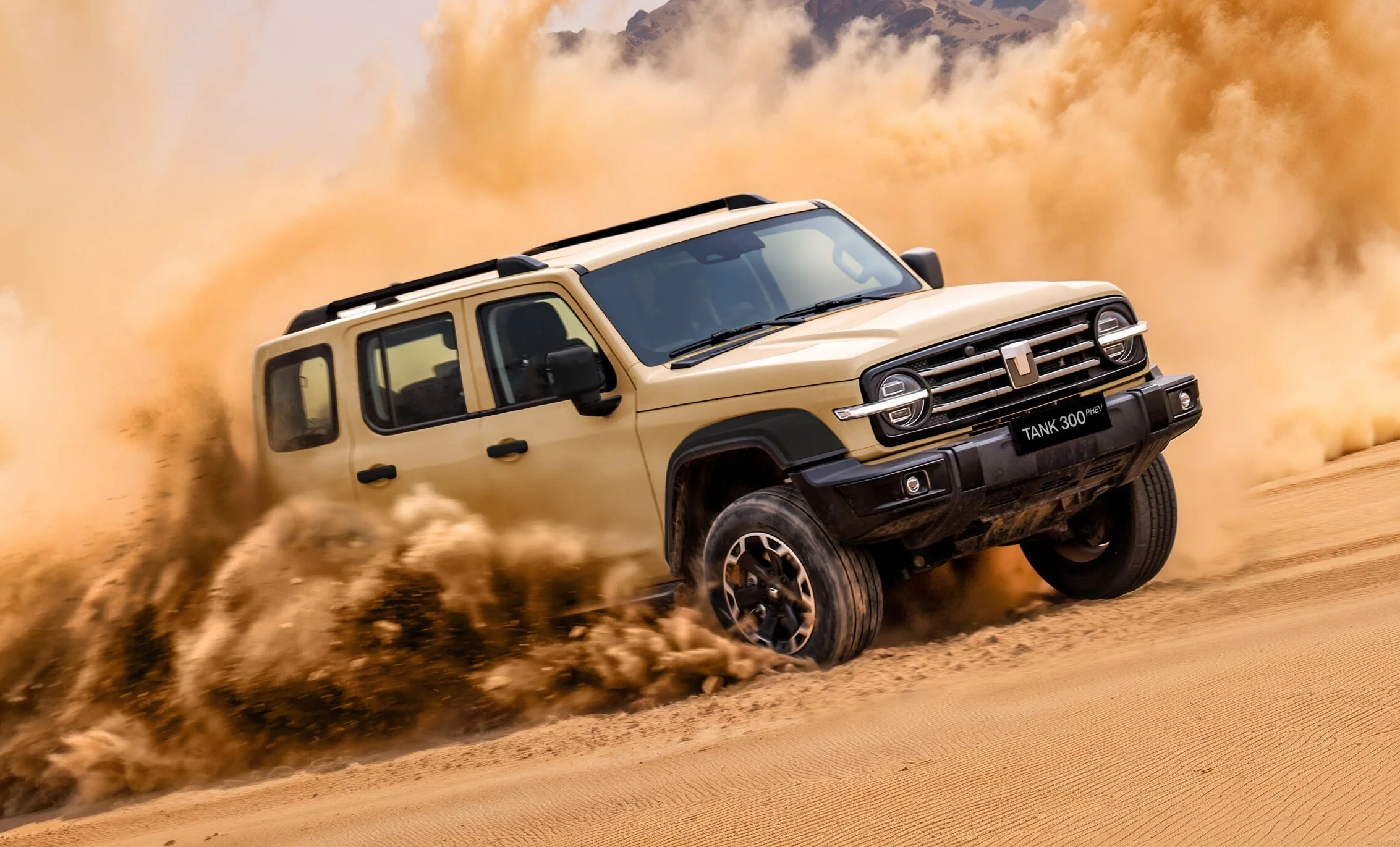


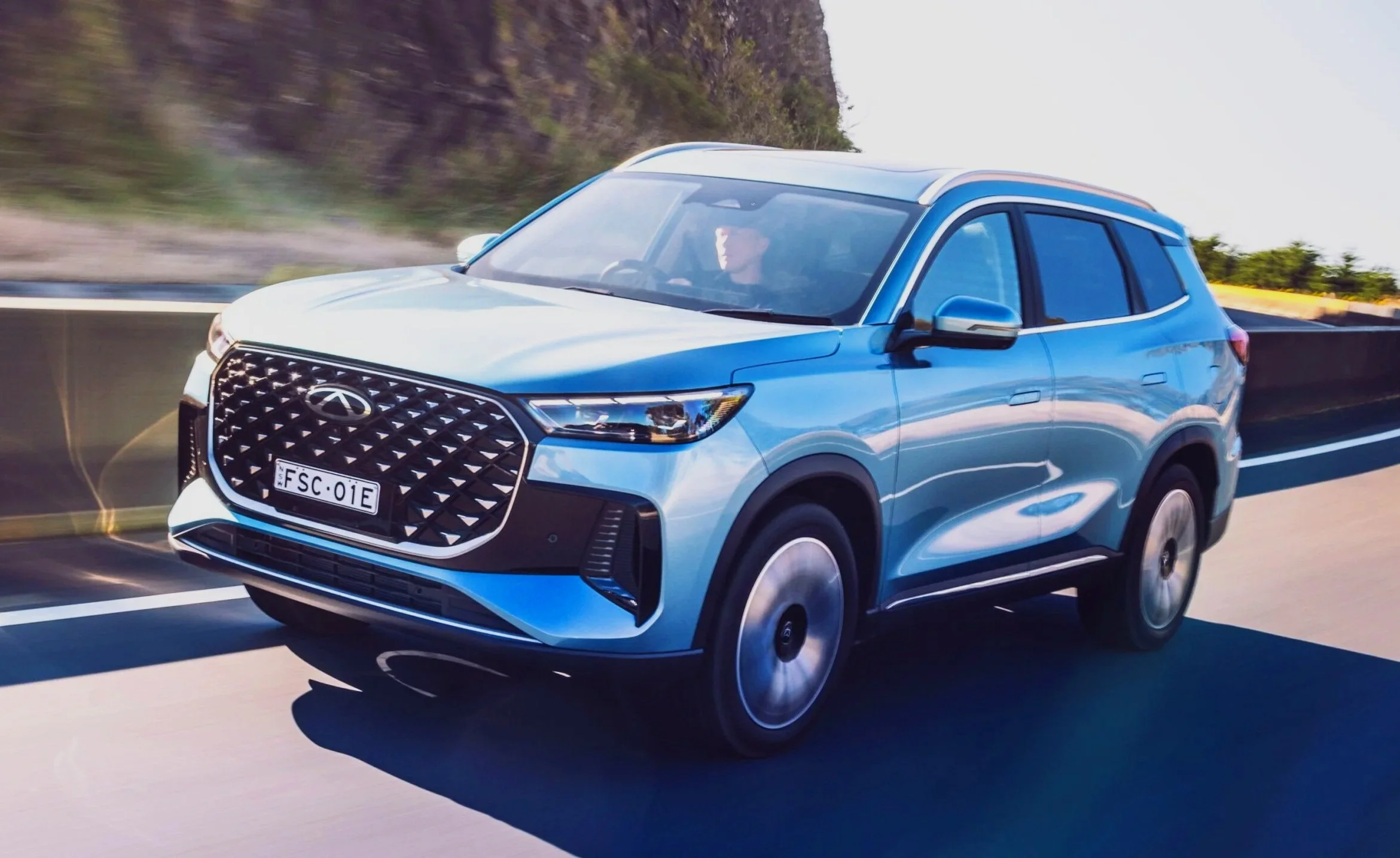
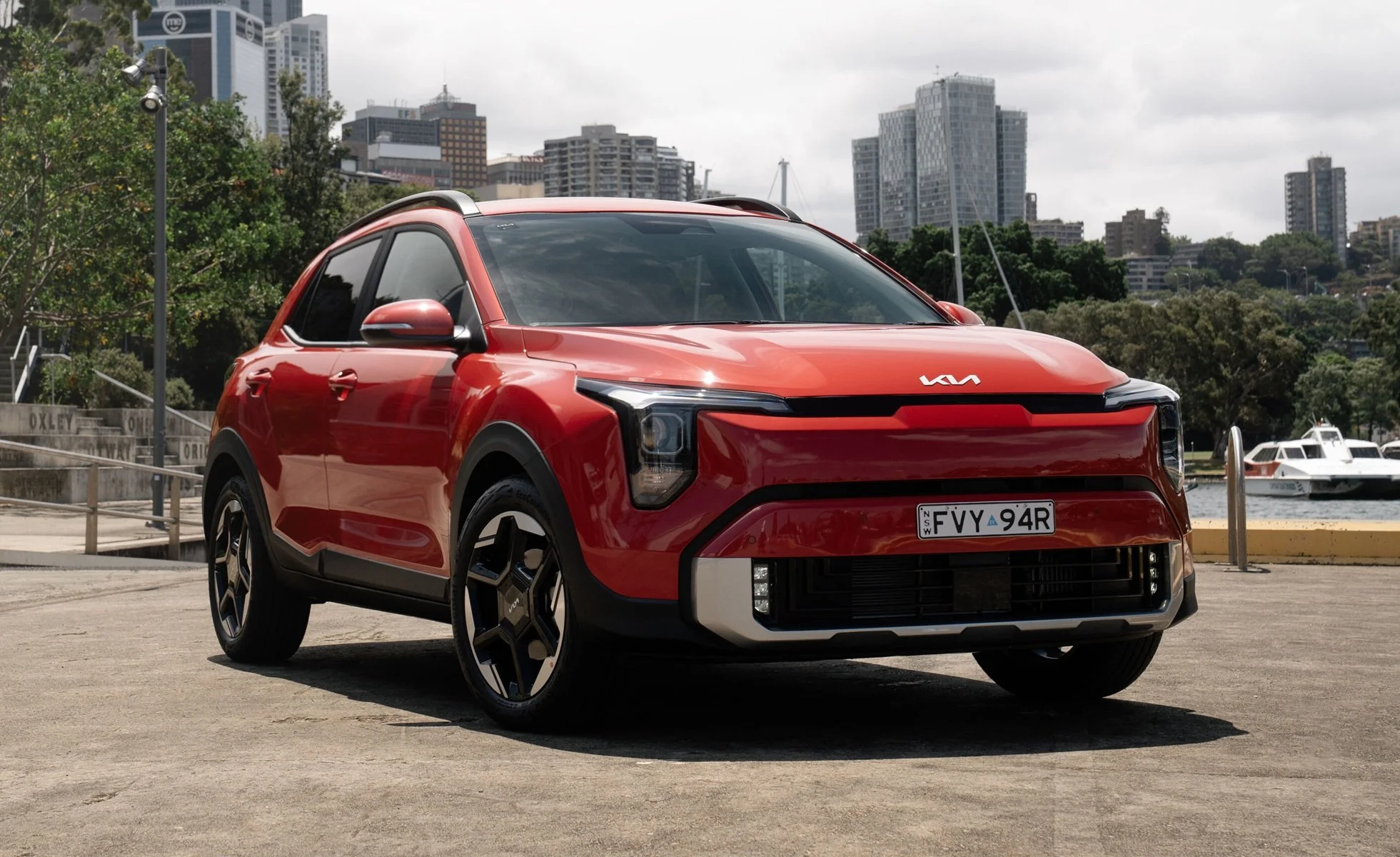
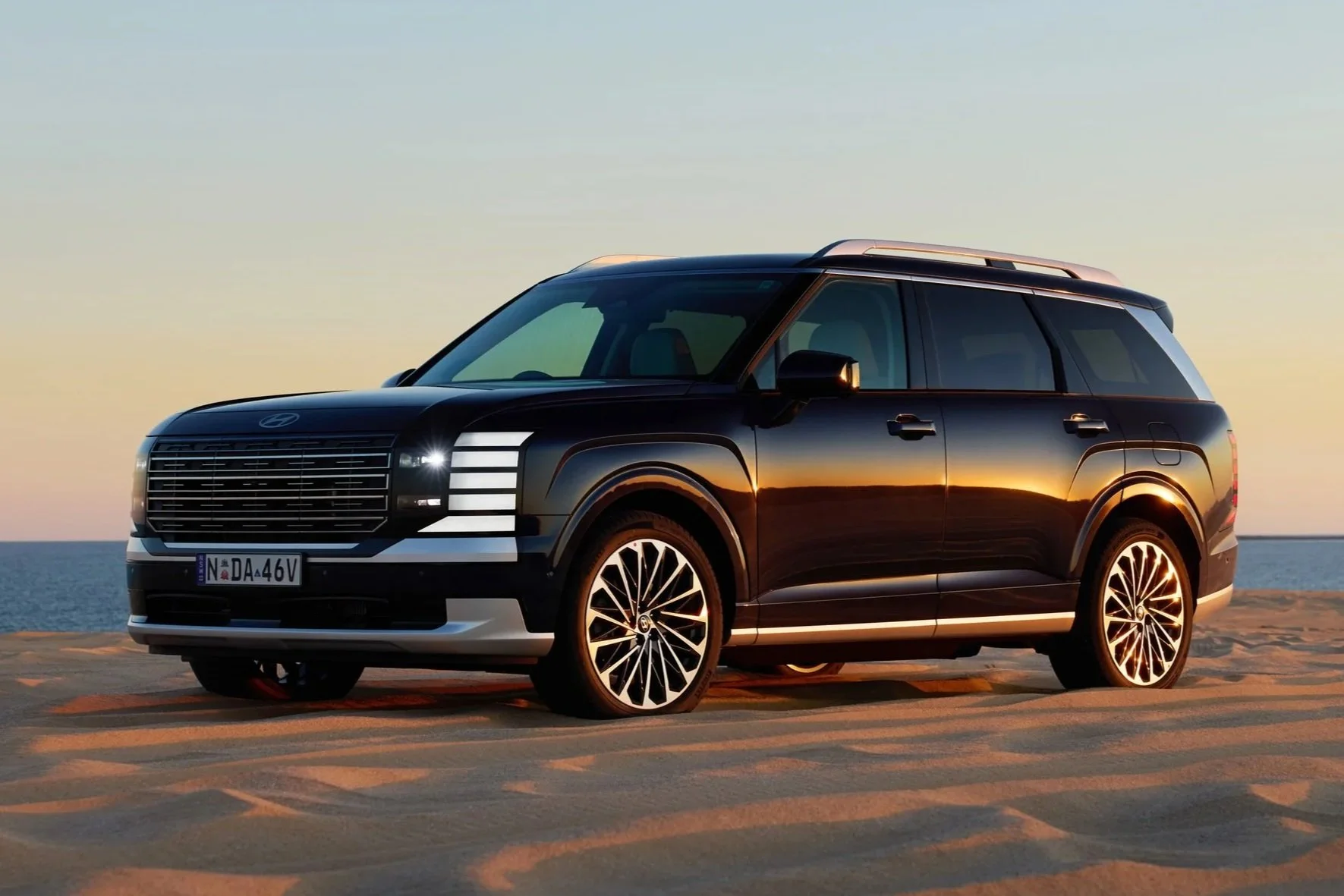
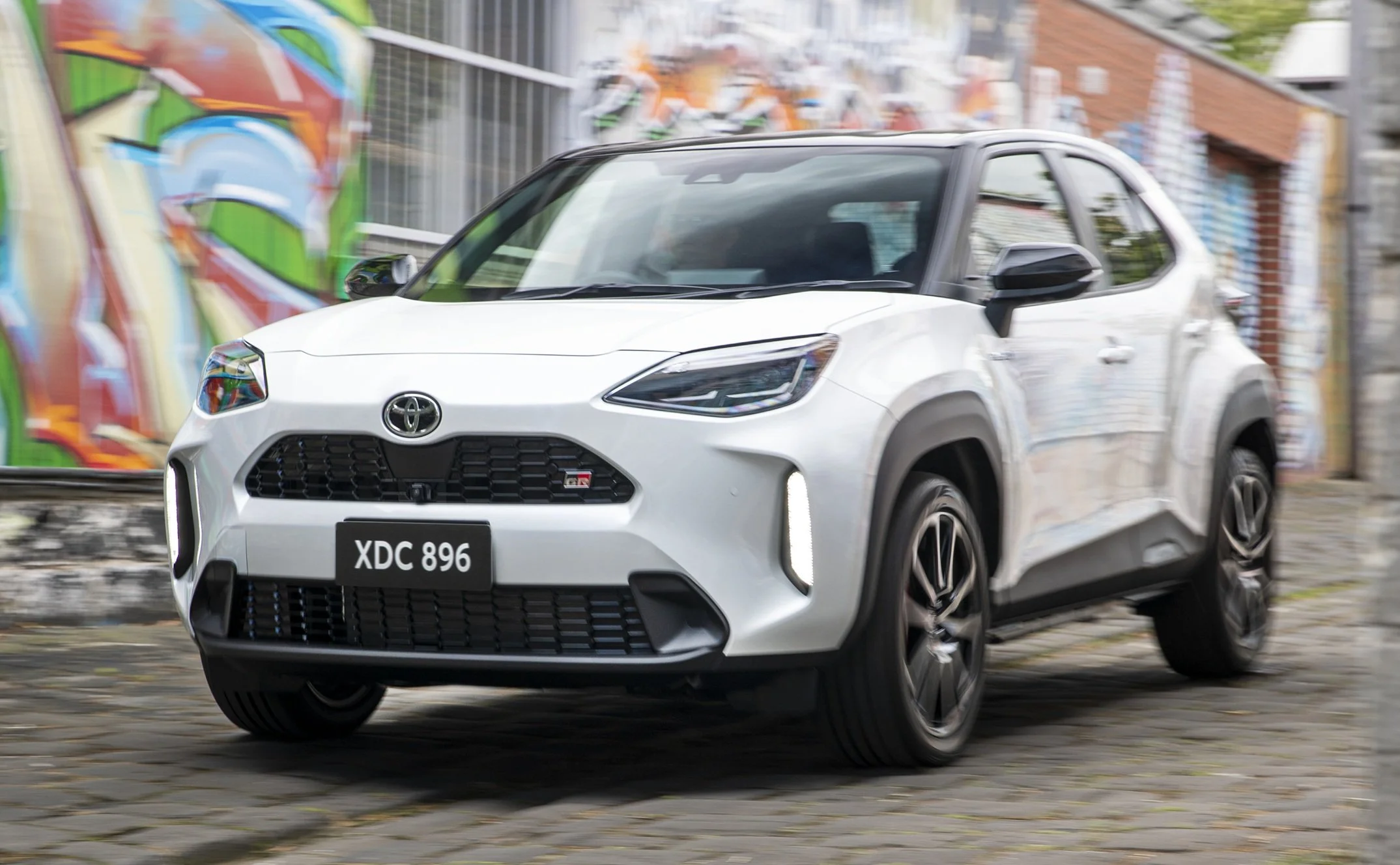

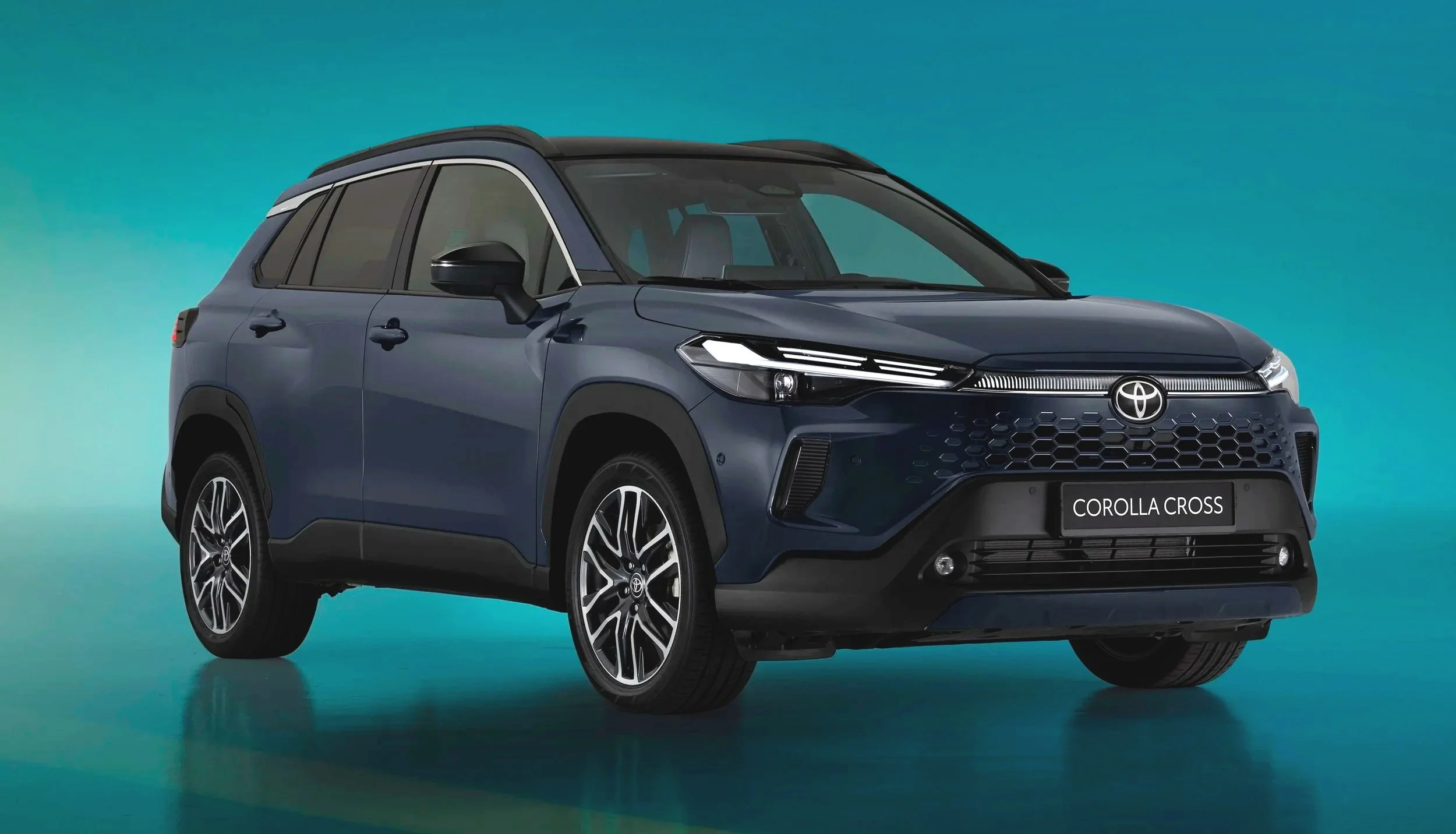

There’s plenty to like about the 7-seat Ford Everest for hardcore off-roading and heavy towing thanks to its big V6 diesel. But is it wise dropping up to $80K on Ford these days?